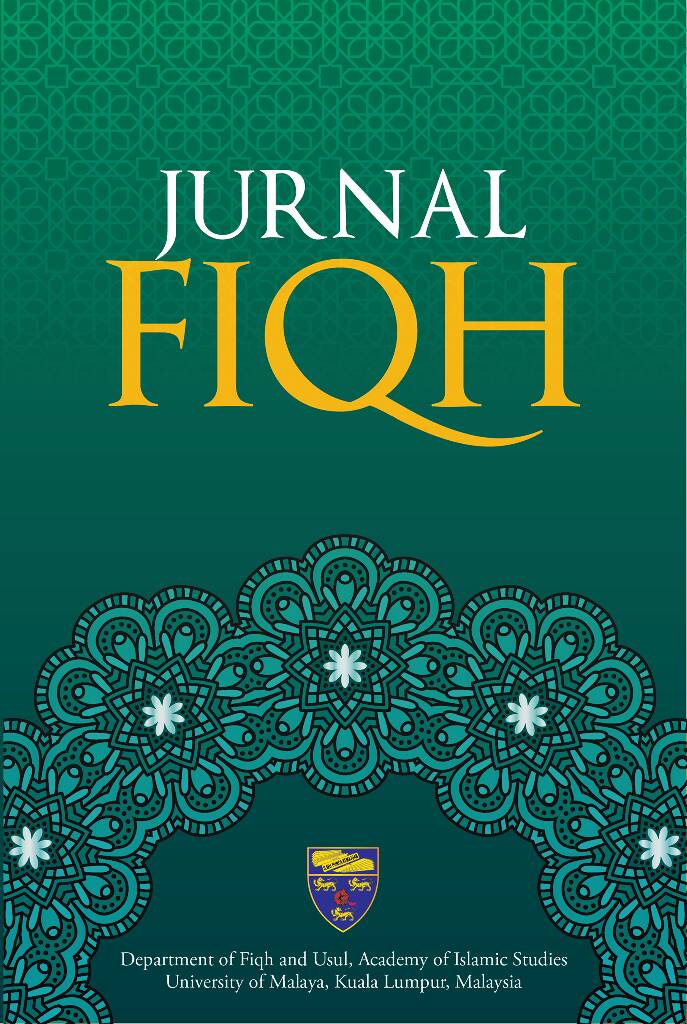Pendekatan Tempatan dalam Mendepani Isu -Isu Penentuan Waktu Solat
Local Approach in Solving The Issues Related toPrayer Times Determination
DOI:
https://doi.org/10.22452/fiqh.sp2019no1.6Keywords:
prayer times, determination of times, zoneAbstract
Basically, the determination of times for the five daily obligatory prayers according to an Islamic astronomy perspective is based on the rotation of the earth around the sun. It is not practical and effective if determination of worship times for the five obligatory prayers, fasting during Ramadhan and period for hajj are depend on observations of the naked eye on celestial movements as it is difficult. Nowadays, knowledge of modern calculation advancements by using the scientific trigonometry formula and computerised calculation is more compatible thus rendering it easier to calculate the times for worship. This study aims to identify the related issues and problems in determining prayer times through a local approach. Through a qualitative study, the findings of this paper indicate that local researchers have made several significant contributions in solving related issues such as determining the times of Fajr and Isya and prayer time calculations by using prayer time software, zones, prayer time guidelines in the International Space Station (ISS) and determining prayer times on airplane.













